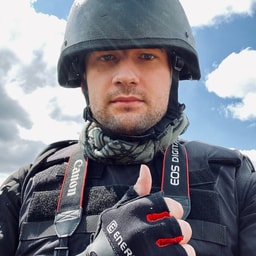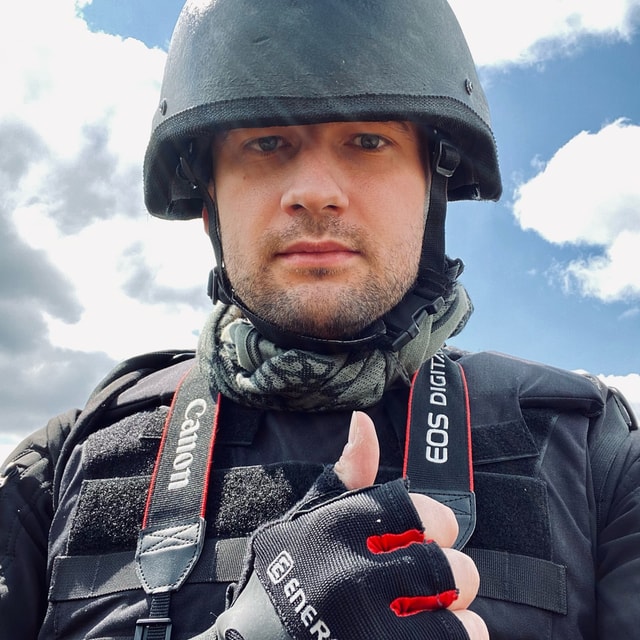Borrell: EU to apply full sanctions power if Russia escalates

If Russia relaunches its full-scale invasion of Ukraine, the European Union will unravel its full capacity of sanctions on the Russian economy and key officials, Josep Borrell, the EU's high representative for foreign policy and security, told the Kyiv Independent.
"We have to avoid having a war,” Borrell said during a meeting in Kyiv on Jan. 6, adding that all of his diplomatic efforts were focused on preventing the worst-case scenario.
“And one of the ways to prevent war is to try to explain which would have more consequences," Borrell said.
"And certainly… if there’s (a new) aggression against Ukraine, it will be a strong answer from Europe, mobilizing all the capacities to make Russia pay a high price," he added. "Not just sanctions on individuals, also (measures) affecting (Russian) economy.”
The recent acute border crisis started unfolding when Russia was seen massing over 100,000 troops near Ukrainian frontiers. The rapid military buildup alerted Kyiv and the West due to the threat of an escalation of the Russian-led conflict in the Donbas, which has already claimed over 13,000 lives since 2014.
As part of the Western effort to prevent the Kremlin from launching a blitzkrieg on Ukraine. On Dec. 16, the EU parliament passed a non-binding resolution calling on the most severe economic and political sanctions to be imposed on the Russian economy and leadership in case of a full-scale war.
In particular, the document demanded that Russia be disconnected from the SWIFT banking system, the $11 billion Nord Stream 2 pipeline project be aborted, while key Russian military and political decision-makers be subjected to harsh sanctions curtailing their capabilities to wage war on Ukraine.
However, Borrell commented on the resolution saying that the EU falls short of instruments to terminate Nord Stream 2, while the SWIFT system is also run by a private business organization that is not liable to the EU.
Nonetheless, as Borrell told the Kyiv Independent, it is his job to recommend sanction packages to the European Council, which is supposed to endorse such decisions unanimously.
“Part of the deterrence is not to unveil what can happen — just warning that the answer can be a very tough one," he said.
"Be sure that if there’s a new military aggression against Ukraine, the EU will use all of its sanction capacities."
When asked if such a vague and uncertain description of potential backlash in response to aggression towards Ukraine only emboldens the Kremlin, Borrell also opted not to agree.
"You can be sure that for those interested, the ones that can be affected, (these suggested measures) are not vague," he said.










